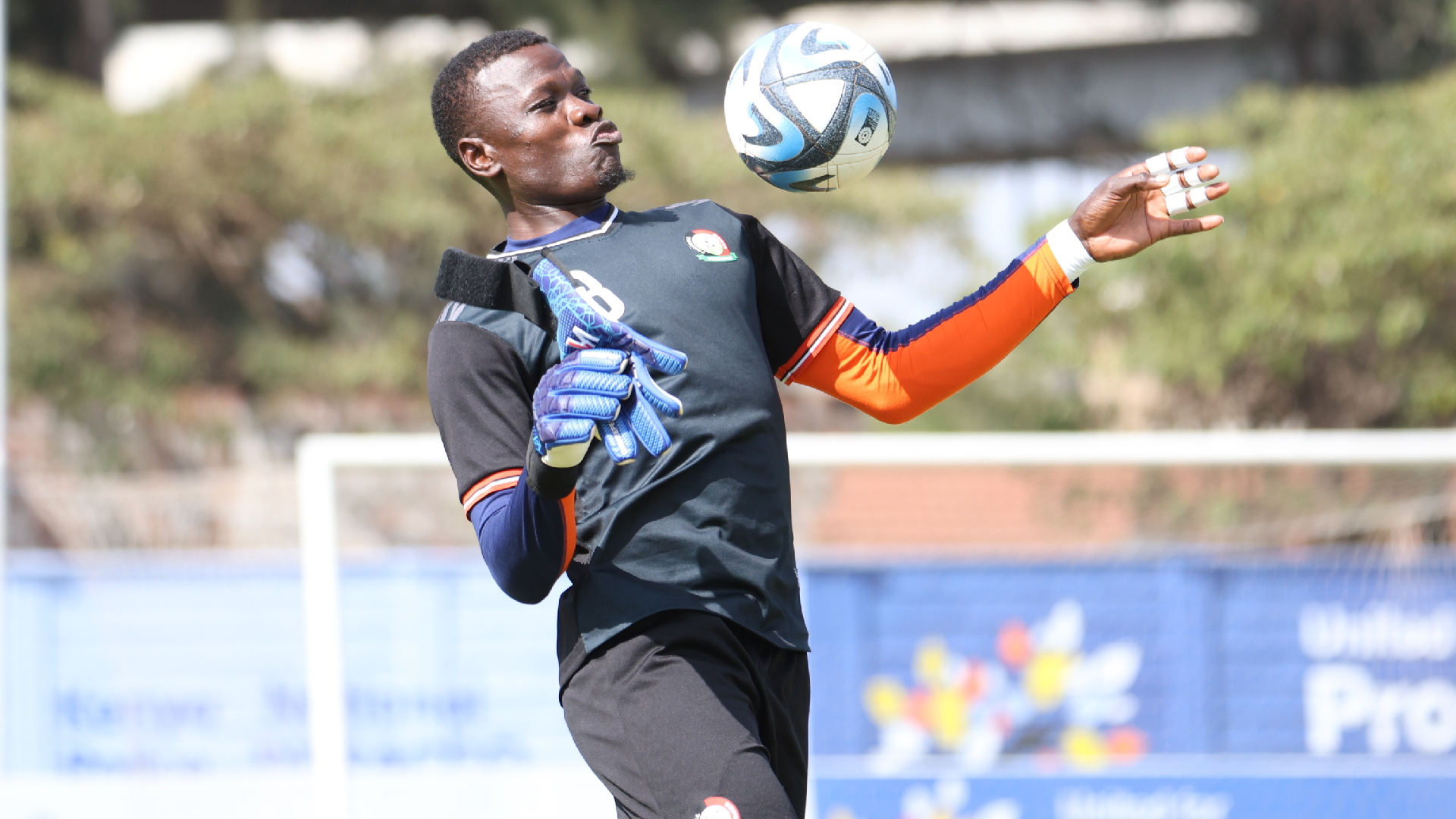Laws governing match-fixing in Kenya have come into the light once again, following two widely circulated videos that emerged on Wednesday and Thursday, allegedly capturing experienced goalkeeper Patrick Matasi at the centre of an attempt at spot-fixing.Mozzart Sport cannot verify the authenticity of the videos, but got Kakamega Homeboyz Chairman Cleophas Shimanyula to speak on the incident involving his player.Shimanyula stands by Patrick Matasi in wake of spot-fixing allegationShimanyula, who saw the Wednesday video early Thursday morning, maintains Matasi remains innocent until proven guilty and will still be part of the Kakamega Homeboyz team going forward.According to sources close to Mozzart Sport, the Football Kenya Federation is in receipt of the videos and will make a statement on the allegation by the close of business on Thursday.What cannot be avoided, however, is the old question about how this issue should be handled, and how an end to match and spot fixing can be achieved.To help us answer the question, Mozzart Sport caught up with sports lawyer Japheth Munyendo, who, despite being cognizant of the absence of laws governing the vice, believes FKF has a role to play in taming the scourge.##NAJAVA_MECA_8807979##Unlike other countries – like Australia, which have match manipulation defined in their laws and criminal codes, Kenya, under its constitution, has no specific laws that bar or criminalize match or spot fixing.What is provided, however, is room for local federations to take action and tame the vice in the meantime.Munyendo, in response to the new allegations on Matasi, advocates FKF to “move with speed” and invoke one of its statutes – FKF Anti Match Manipulation Regulations of 2016.“All jurisdiction regarding Kenyan football lies with FKF, and it is within their mandate to use their existing statutes to kick on with the case,” Munyendo says.“So the first thing for FKF, if convinced, is to suspend and take the player through its disciplinary body.If found guilty, a player is banned or fined. If aggrieved, the decision is taken through an appeal process, and in the case it (appeal) is not accepted, the journey goes to the Sports Dispute Tribunal (SDT), then the Court of Arbitration for Sport (CAS).”Goalkeeper Patrick Matasi. #FootballKE pic.twitter.com/eH79oozLdK— Ole Teya (@TeyaKevin) March 26, 2025 What the FKF Statutes stateRegulation VII on investigations of match fixing indicates that a report of contravening individuals must be referred immediately to the Integrity Department for investigations.Investigations involve interviewing relevant witnesses or reviewing documentation.If convinced that the allegation is true, the FKF CEO refers the matter to the FKF Disciplinary Committee or panel, and may offer an initial suspension on the player until investigations are concluded.”If the FKF Chief Executive Officer is of the opinion that there are reasonable grounds to believe that a prohibited conduct may have been committed, the FKF Chief Executive officer may, before the FKF Integrity Department commence or conclude investigations,” the statute reads, adding that the CEO may “pending commencement or conclusion of investigations, issue a provisional suspension against the alleged offender.”BREAKING: FKF suspends five over match-fixingIn regards to Section XVIII, penalties, after full investigations, might range from a minimum ban of five years, as well as a fine of at least Ksh. 1,000,000.In serious cases, a longer ban or a lifetime ban is recommended under the law.On the time-frame for investigations, Munyendo says: “It depends on the nature of the case. Sometimes the statutory provisions, which recommend 90 days, might be ignored, though in a justified manner.”How previous cases have been handledDespite the FKF statutes being clear on the issue, loopholes exist in their execution.In 2023, three match-fixing suspects were released on bail after standing trial in a court of law.Slap on the wrist for confessed match fixing trioThe issue in question is that in the case of FKF failing to follow up on investigations, the alleged culprit(s) can often find an “easy way out” by asking for the right to a fair hearing.“At FKF level, the Anti-Manipulation Regulations have been lying idle,” Munyendo says. “At some point, they have been invoked either as a shield or a sword.”In Matasi’s case, Munyendo believes that should FKF investigations begin, a threshold on match-fixing can be achieved.“Investigation should involve money trails, corroboration of video evidence, and a collaboration with law enforcement agencies. That, and getting witnesses to testify, can help uncover the case.”

